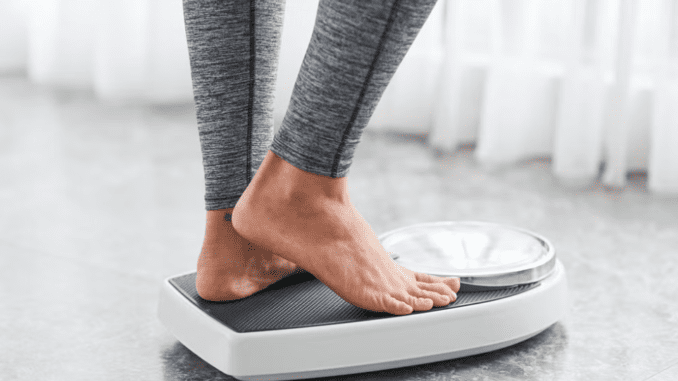
While it’s technically as simple as standing on a set of scales, weighing yourself has a few important considerations. Most notably:
- The time of day
- Your level of hydration
- Recent food intake
- What exercise you did the day before
- What you’re wearing
By controlling as many of these as possible you can ensure consistent measurements over time.
Time of Day
Technically it’s not time of day that really matters, as much as when you’re weighing yourself relative to meal times. If you weigh yourself first thing in the morning, that’s the lightest you’re likely to be all day. If you weigh yourself after your biggest meal of the day, that should be your heaviest. My personal preference is for 1-2 hours after breakfast, which is a nice middle ground.
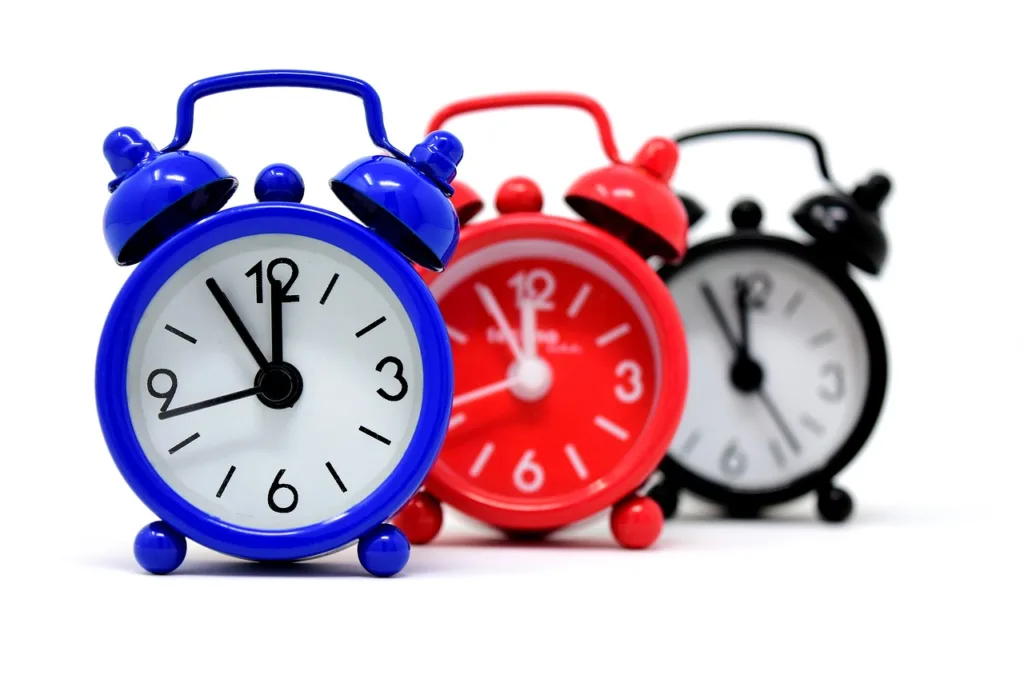
Hydration Status
How hydrated you are can make a difference of several kilograms in weight. Again, this is another reason to choose mid-morning, as you’ve hopefully taken on some liquid during breakfast. As an additional point, it’s best not to weigh yourself after a night of heavy drinking, as alcohol leaves you very dehydrated.

Recent Food Intake
Other than drinking, the only way in which your weight can go up is by eating. Here you don’t need to worry too much about the meal before, unless it was an enormous binge. The main consideration is carbohydrate intake, as every gram of carbohydrate binds to several grams of water in the body. If you’ve ever tried a low-carb diet, you might have noticed your weight has an initial steep drop in the first 24 hours. This is deemed “water weight”, and will come straight back when you refeed on carbohydrate-rich foods. Try to weigh yourself at a time when recent food intake is typical of your normal diet.
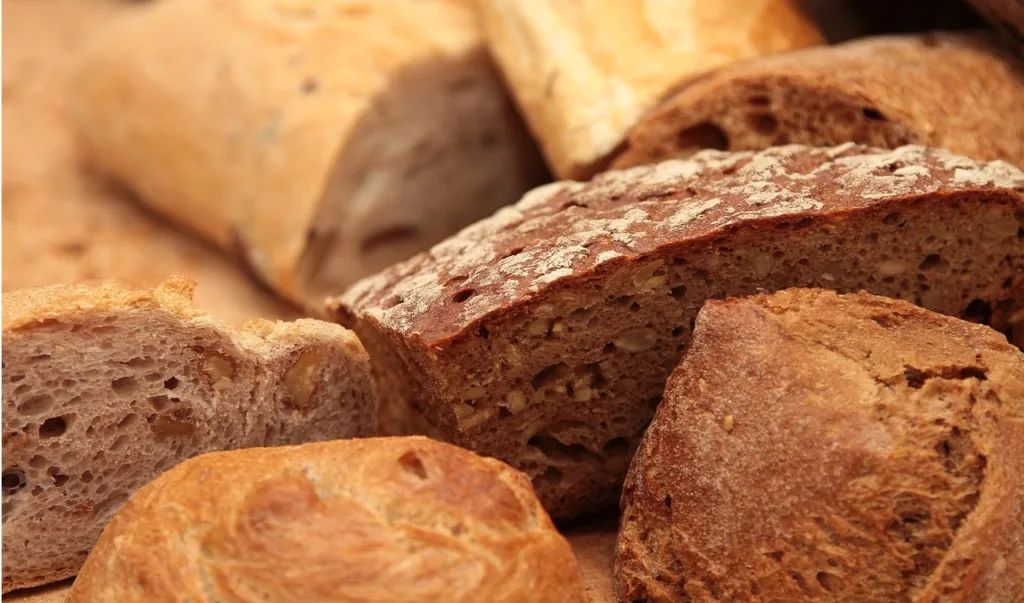
Recent Exercise
This ties in with hydration status, as depending on the weather, a workout can leave you substantially lighter. This is due to the fluids you lose while sweating. There may also be a separate effect from heavy weight training the previous day. The easiest way to control for this is to weigh yourself before you’ve done any strenuous exercise, and ideally when the previous day was relatively sedentary.
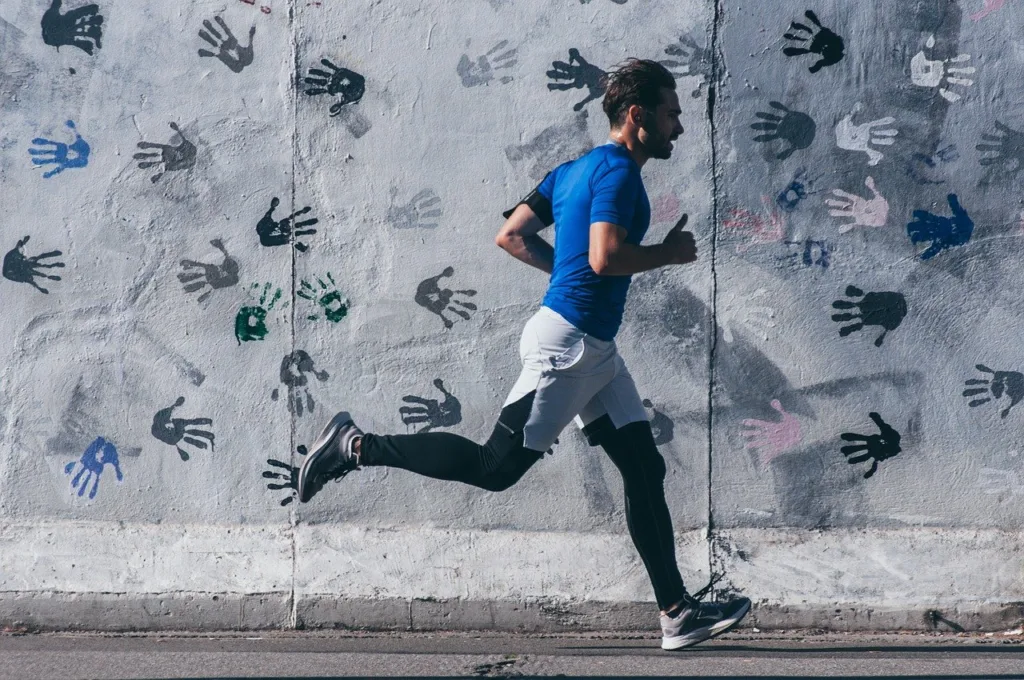
Clothing
Did you know a typical pair of jeans weighs around 900 grams, which is 2 lbs. Add in a t-shirt and a jumper and you’re no longer getting a clear picture of what you weigh. Technically you could wear the same outfit every time, which is what is recommended, but in this case less is better. You don’t need to be naked, that may not be appropriate, especially if you weigh yourself at the local gym. Consider light clothing, avoid anything too bulky, and definitely ditch the shoes. Doing this will ensure you get a more accurate measure of what you truly weigh.
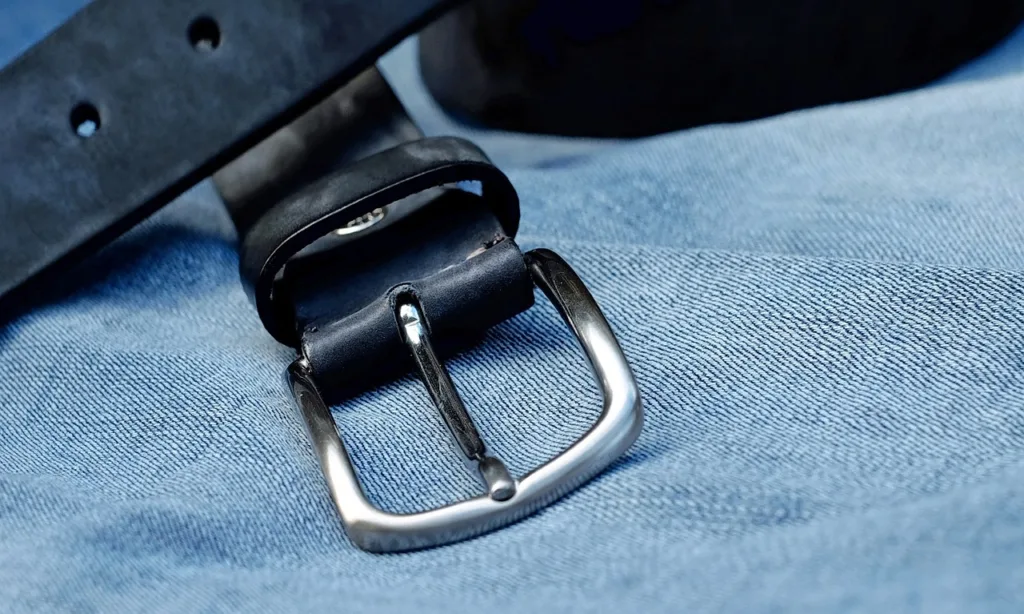
One final consideration is the position of the scales. You should always aim for a hard and even surface. Carpet can make scale readings unreliable, so do your best to place scales somewhere firm.
In terms of frequency, as a bare minimum I would recommend weighing yourself every year. However, I like to weigh myself every week just to get some feedback on how well I’m balancing eating and exercise. Since my exercise routine is a weekly pattern, I choose to weigh myself on the same day each week. Remember to write your weight down somewhere, otherwise you won’t be able to track it over time.
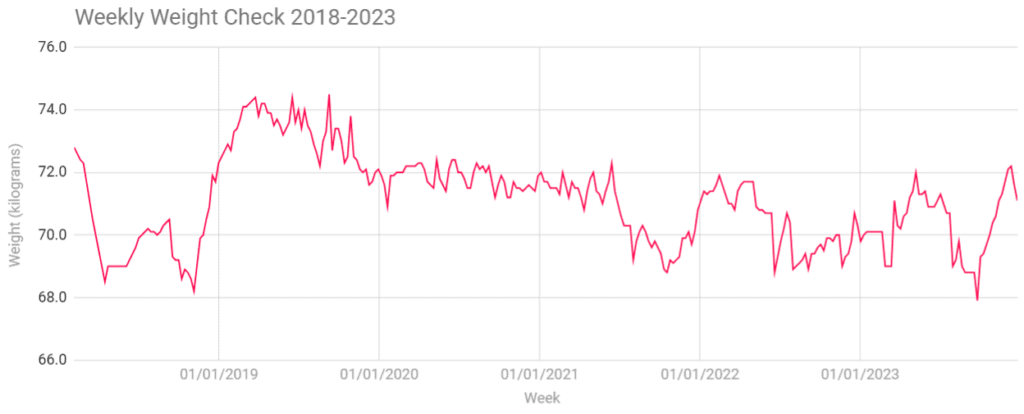
Above you can see what six years of weekly weigh-ins look like when you put them in a graph. This is as simple as remembering to put it in a Google Sheet every Monday alongside the date.

